Kay Keiichi Sugahara

Kay Sugahara, born in Seattle, Washington on March 18, 1909, was sometimes referred to as the “Nisei Onassis” by other second generation Japanese Americans. His father Kei Sugahara, the 10th son of a Sendai Samurai was born in Japan and immigrated to the U.S. between 1900 and 1905. His mother Taki Sugahara was bo rn Shimane Ken. His family moved to Los Angeles between 1912 and 1913, where Kay attended public schools. Both parents died by the time he was 13.
After Sugahara graduated from the University of California, Los Angeles in 1932 with a degree in economics and political science, he opened his own firm, Universal Foreign Service Company, and served as president or director of most of the Japanese American organizations in Los Angeles. While president of the Japanese American Citizens League, Los Angeles Chapter, the membership created and promoted the Nisei Festival which revitalized the Little Tokyo neighborhood. After much resistance, he became the first Japanese American customs broker in mainland U.S.A., and at 29 he became a millionaire.
After the Japanese attack on Pearl Harbor, Sugahara and his family were forcibly removed from the West Coast along with all persons of Japanese ancestry. They were held for a time in horse stables at the Santa Anita Racetrack and then sent to Granada (Camp Amache) in Colorado. In 1942 Sugahara joined the Office of Strategic Services (OSS), which would later become the Central Intelligence Agency (CIA). Sugahara reported to experts on Japan, the Honorable Joseph Grew and Eugene Dooman to help shape post-War Japanese policies. He was influenced by Commanding Officer, General William Donovan, to focus his energies on strategic decisions in business.
After the war, Sugahara organized the American Council for Japan at the request of the U.S. State Department, in order to reorient U.S. opinion towards Japan and reduce public hostility so trade relations could develop. His office was used as the main headquarters where his personnel worked. American Council for Japan members talked with every U.S. mission going to Japan to influence a shift from punitive peace terms to a viable situation so Japan could grow economically.
During the Korean War, Sugahara headed a confidential U.S. procurement mission to Japan to purchase strategic materials during the Korean War. He also arranged barter in 1956 between the U.S. Department of Agriculture and Japanese titanium producers for $30 million each way. This arrangement was supported by Senator William Knowland of California, Senate Minority Leader, and the White House.

In 1957 he worked with Mobil Oil and changed the closed market system of the Seven Sisters on oil so that domestic Japanese refineries could receive “equal access.” Finally, Sugahara served as Chairman of the Board of Fairfield-Maxwell Ltd. (FML), a company founded on May 23, 1957, to broker sales between Mobil Oil and Japanese-owned refineries. FML soon expanded into other maritime-related activities such as the building, sale and leasing of tankers and general cargo shipping, beginning with the launch of the Marion in 1960. Between 1969 and 1972 he worked to break the secret prohibition against chartering Asian tankers. Between 1977 and 1978 as Chairman of American Mercantile Company, he financed a campaign for “open access” for U.S. agricultural products to Japan markets. In 1978, FML launched Great American Lines to operate the Sunbelt Dixie, a first-of-its-kind refrigerated car-carrier that brought Toyota automobiles to the U.S. and was able to return to Japan with Florida grapefruit.
In 1981 Sugahara was asked to become chairman of the U.S. Asian Institute and articulate the political and economic aspirations of five million U.S. Asians. On September 25, 1988, Kay Sugahara passed away at his home in the New York suburb of Pelham Manor, at the age of 79. He was survived by his wife Yone and his sons, Kaytaro, Bryan and Byron. In 2002, Yone passed away and is now interred with Kay at Arlington National Cemetery.
This note was created from Kay Sugahara’s 1988 September 23 Curriculum Vitae and his 1982 March 28 Profile on Kay Sugahara.






